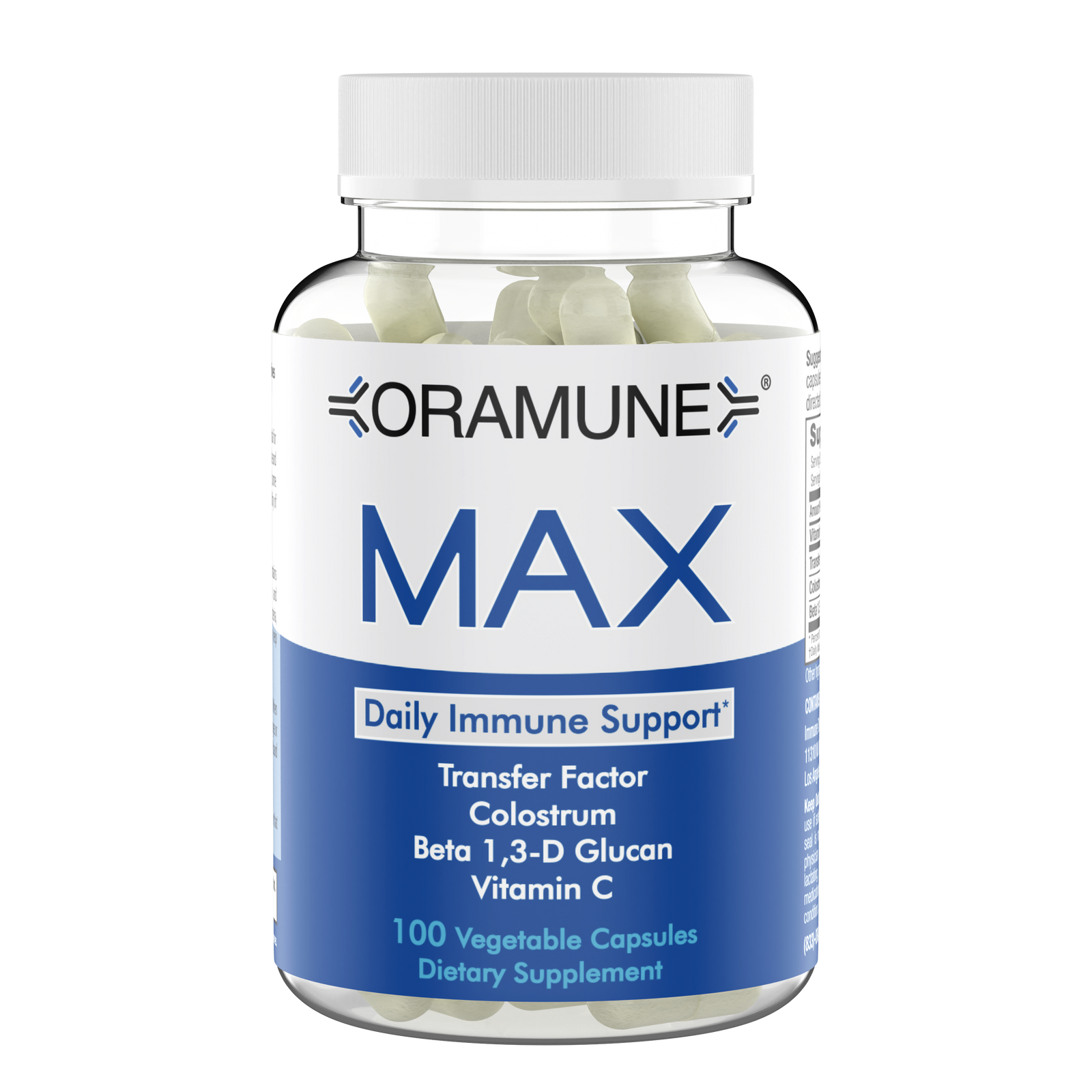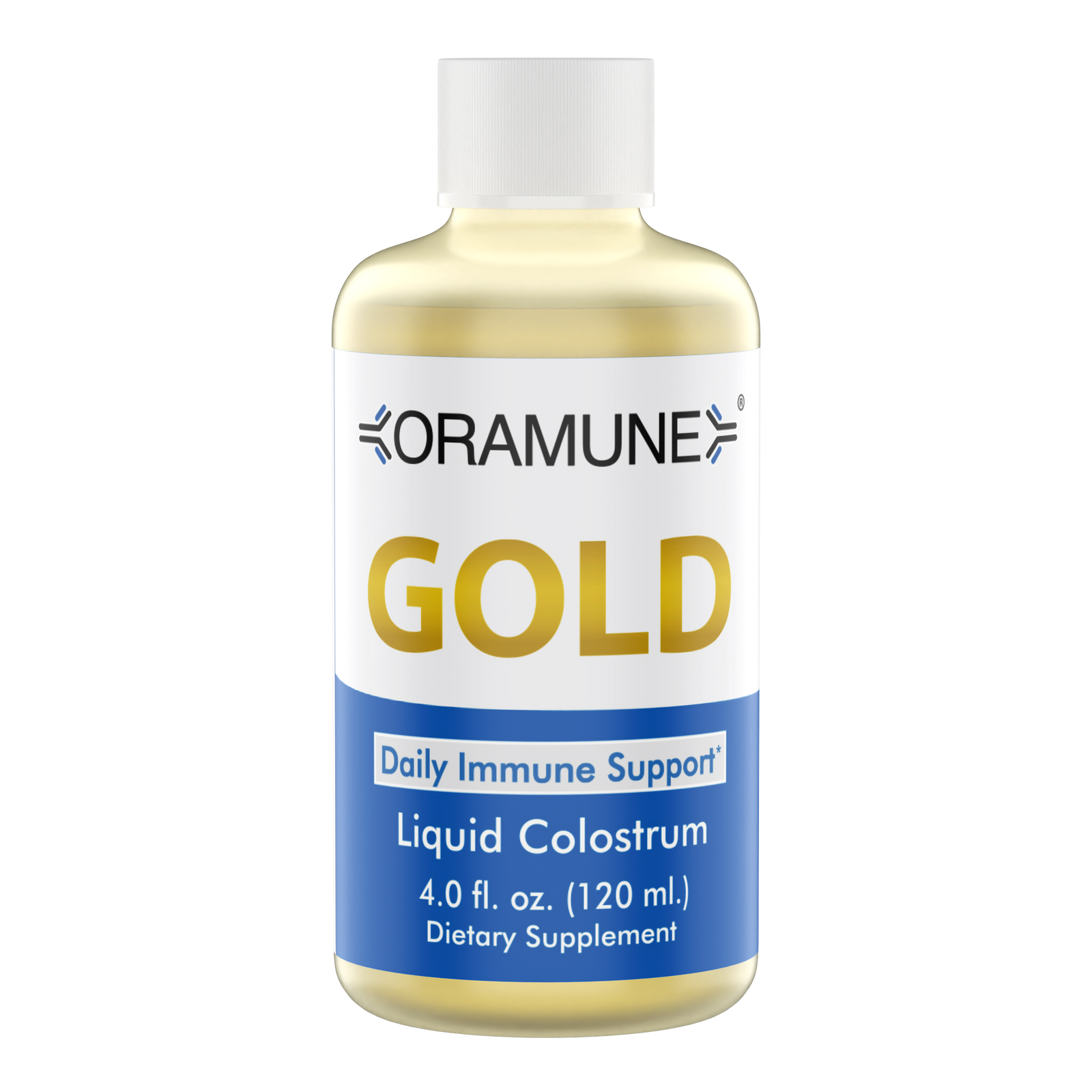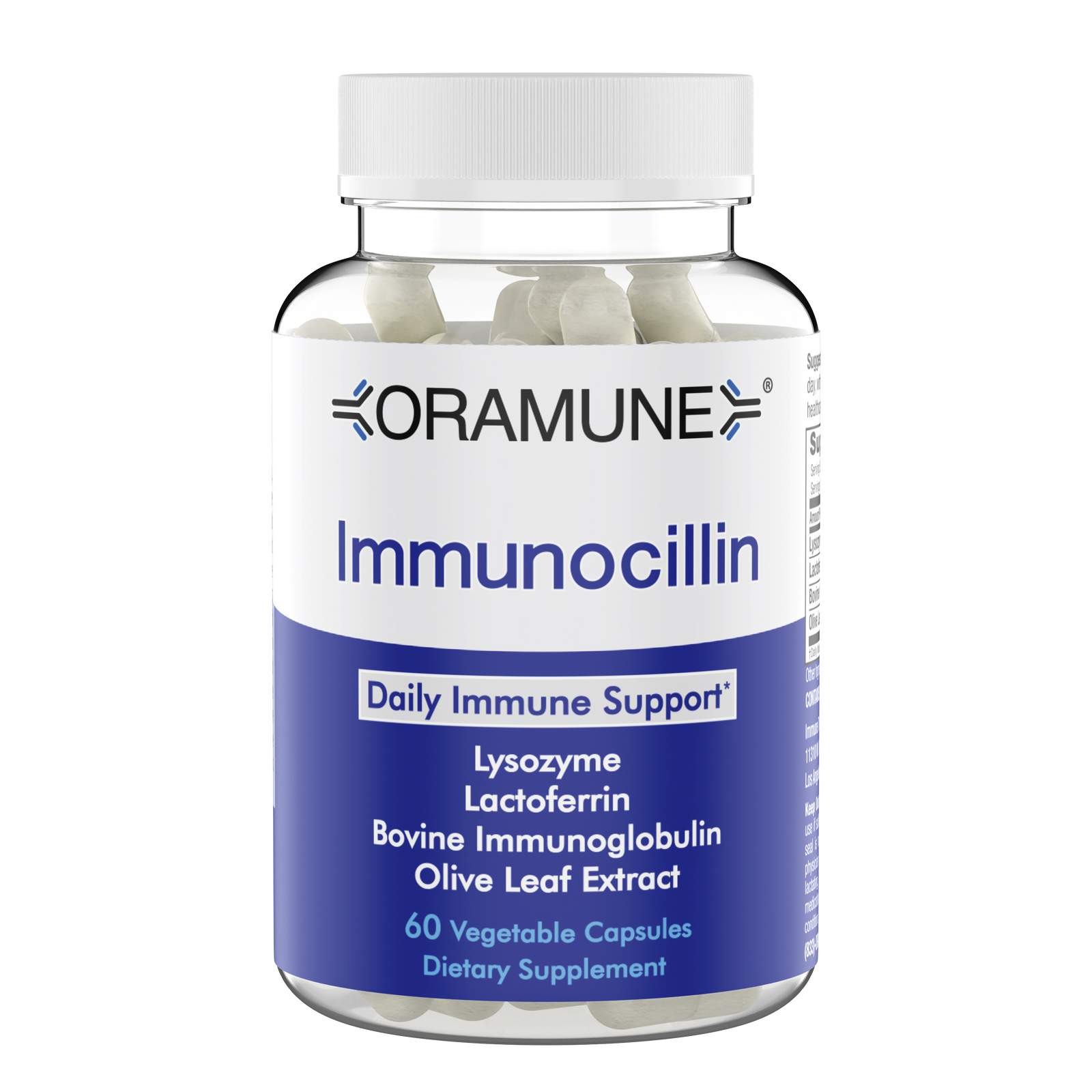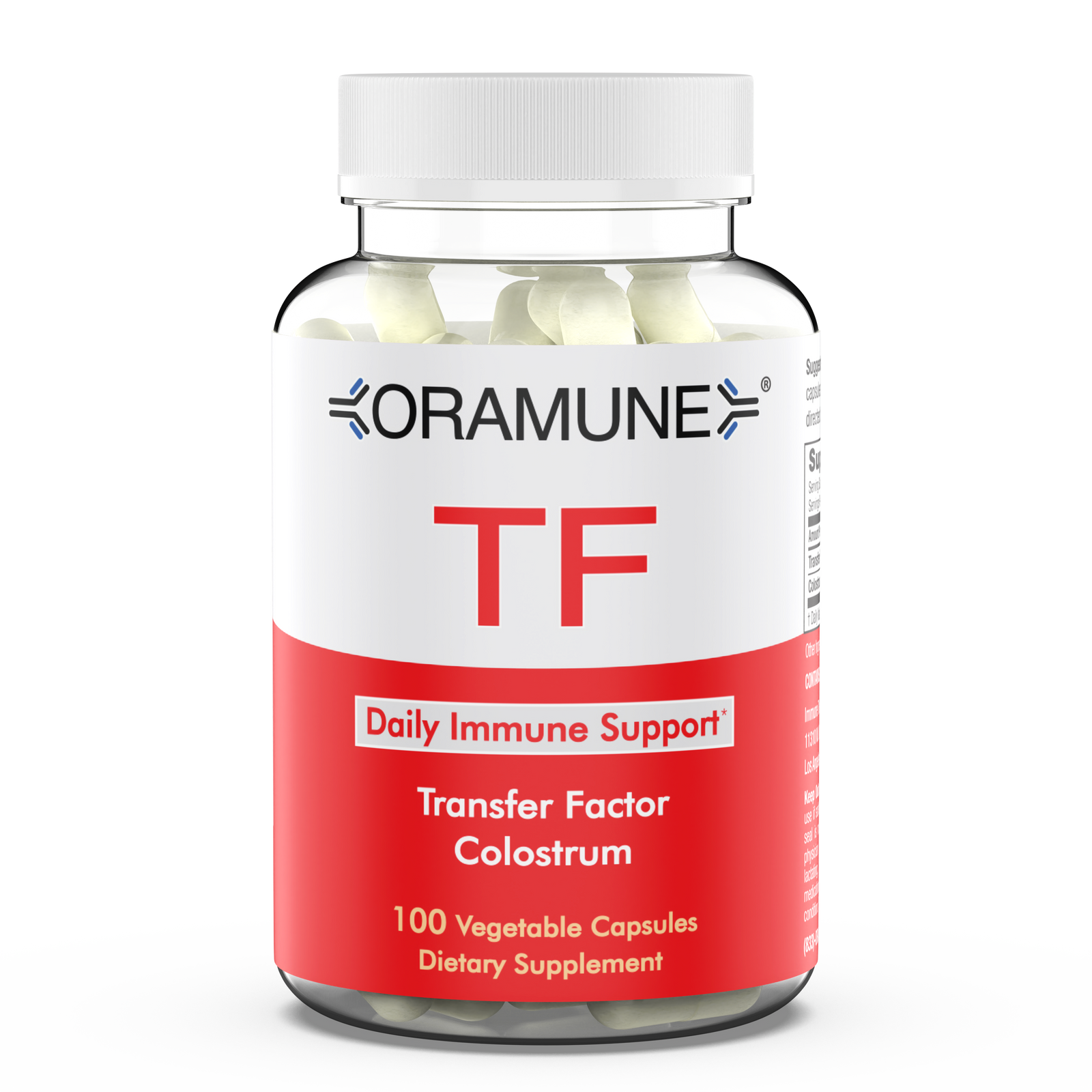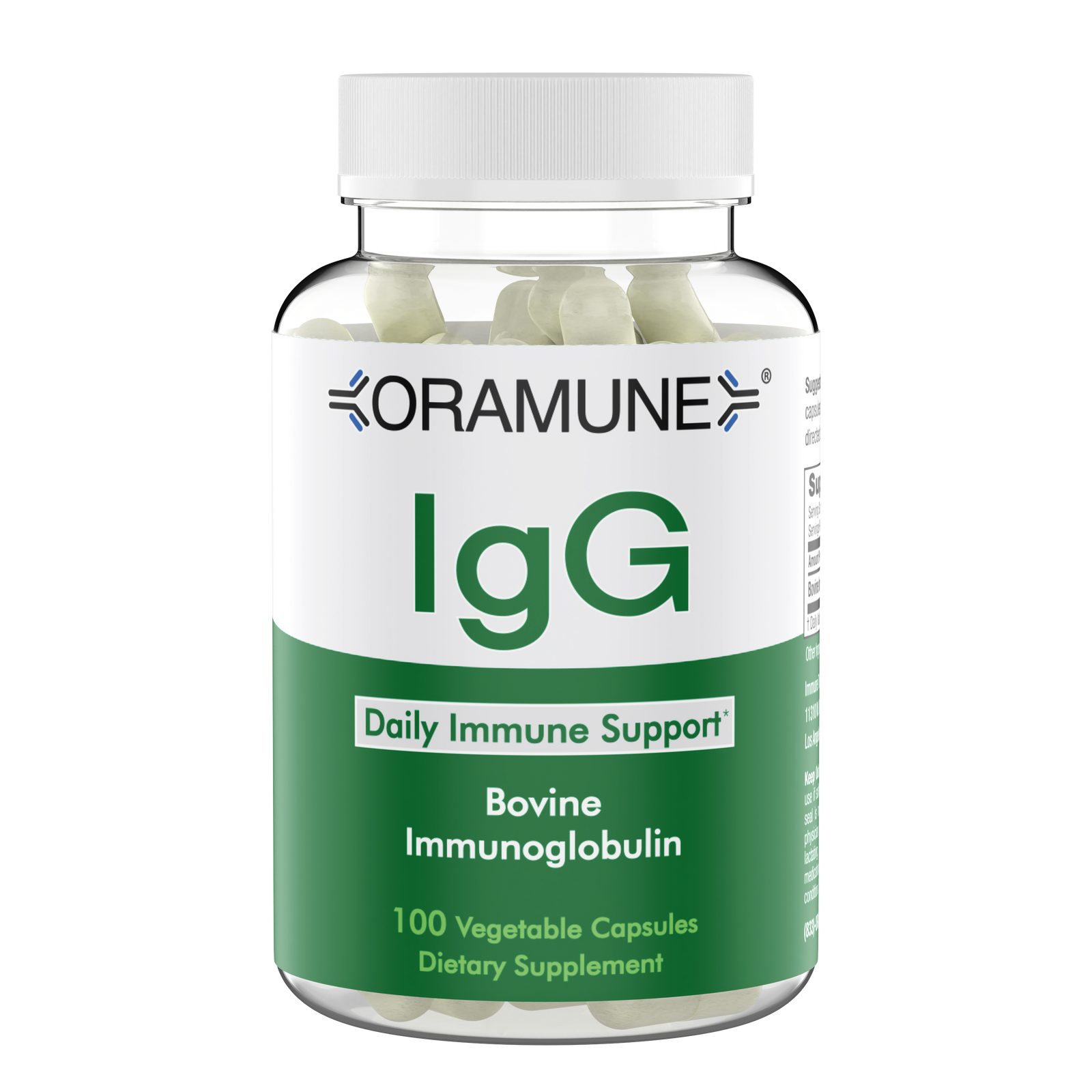Colostrum—the earliest milk (pre-milk) produced by mammals—is often called a superfood. Even if women do not or cannot breastfeed their infants, they are strongly encouraged to provide colostrum for the first few days of life. What is in colostrum to make it a superfood?
What is in Colostrum?
Colostrum is nutrient dense pre-milk material that is high in immune substances such as secretory IgA(sIgA), IgG and IgM, white blood cells, white blood cell products (cytokines) and in factors such as epidermal growth factor (EGF), insulin-like growth factor (IGF-I and IGF-II) and vascular endothelial growth factor (VEGF). Colostrum is also high in non-specific immune modulators including lactoferrin, lactadherin, various mucins and bile salt stimulating lipase (BSSL). It is low in carbohydrates but does contain trace amounts of lactose. Colostrum is also low in calories and fat and rich in minerals and vitamins A, C and K and beta-carotenes (giving colostrum its golden color) and with variable amounts of Vitamins D and E depending on maternal status.
What Does Colostrum Do?
Colostrum—besides providing nutrients, vitamins and minerals needed for early growth and development—has several other very important functions in the newborn:
- Colostrum provides passive immunization via antibodies (sIgA) that are in the colostrum. This protects the newborn infant against a wide variety of pathogens.
- There are two basic forms of immunization—passive immunization that transfers already-formed antibodies and active immunization—which stimulates the immune system to respond.
- Colostrum provides a population of immune cells (white blood cells) that helps “train” the immune system
- Lactoferrin acts as an antibacterial, antiviral and anti-fungal agent
- Lactadherin prevents rotavirus infections, promotes a resilient intestinal tract and acts as an anti-inflammatory agent. Lactadherin also increases the destruction of dead cells
- Mucins protect against infection
- Mucins are a sort of natural “gel” that are a major portion of most secretions of the body. They lubricate, form natural barriers and have a function in cell to cell signaling. Mucins play a role in signaling to the immune system that “Here is a tumor cell” or “Here is an infected cell”.
- Bile salt stimulating lipase (BSSL) is an enzyme that protects against viral infection.
- Cytokines are signaling and communication substances which can cross the intestinal barrier to signal immune cells and influence immune activity. The cytokines in colostrum contain anti-infective and anti-inflammatory signals.
- Growth factors such as EGF, VEGF, IGF and others promote cell and tissue development and maturation
I’m Not a Newborn! What Can Colostrum Do for Me?
Good question! Here are some answers.
- First, there is the nutritional value of colostrum—it is high in vitamins, minerals and other nutrients needed to support your immune system and your overall health and wellness. In addition, it is a low fat, low carbohydrate and low-calorie supplement.
- Colostrum is a great source of passive immunity—and can boost overall immunity.
- One study in adult athletes showed that taking bovine colostrum daily increased their sIgA levels by nearly 80% and increased their ability to fight off upper respiratory infections (URIs).
- Other studies have indicated that bovine colostrum can enhance a person’s immune response
- In another study in adult athletes, bovine colostrum reduced the frequency of URIs and when these athletes did get URIs, their symptoms were decreased as compared to athletes who did not take colostrum.
- Colostrum can also promote digestive health by fighting off pathogenic bacteria and helping to maintain healthy gut bacteria
- Colostrum can strengthen the digestive tract, possibly preventing a leaky gut—often a prelude to digestive and autoimmune diseases.
- A leaky gut—technically known as increased intestinal permeability—was decreased in athletes using bovine colostrum. Other studies supported this conclusion.
- Another study found that bovine colostrum could decrease gut inflammation induced by non-steroidal anti-inflammatory drugs (NSAIDs)
Are There Side Effects to Using Colostrum?
Overall, more studies would certainly be welcome, but there appear to be very few side effects associated with using bovine colostrum as a supplement. It may cause some digestive upset for some.
However, those who are allergic to milk should avoid colostrum. Some lower-quality colostrum may contain antibiotics, hormones and pesticides—these should be avoided as well.
You should also ensure that your colostrum is properly handled and processed to avoid any bacterial contamination.

